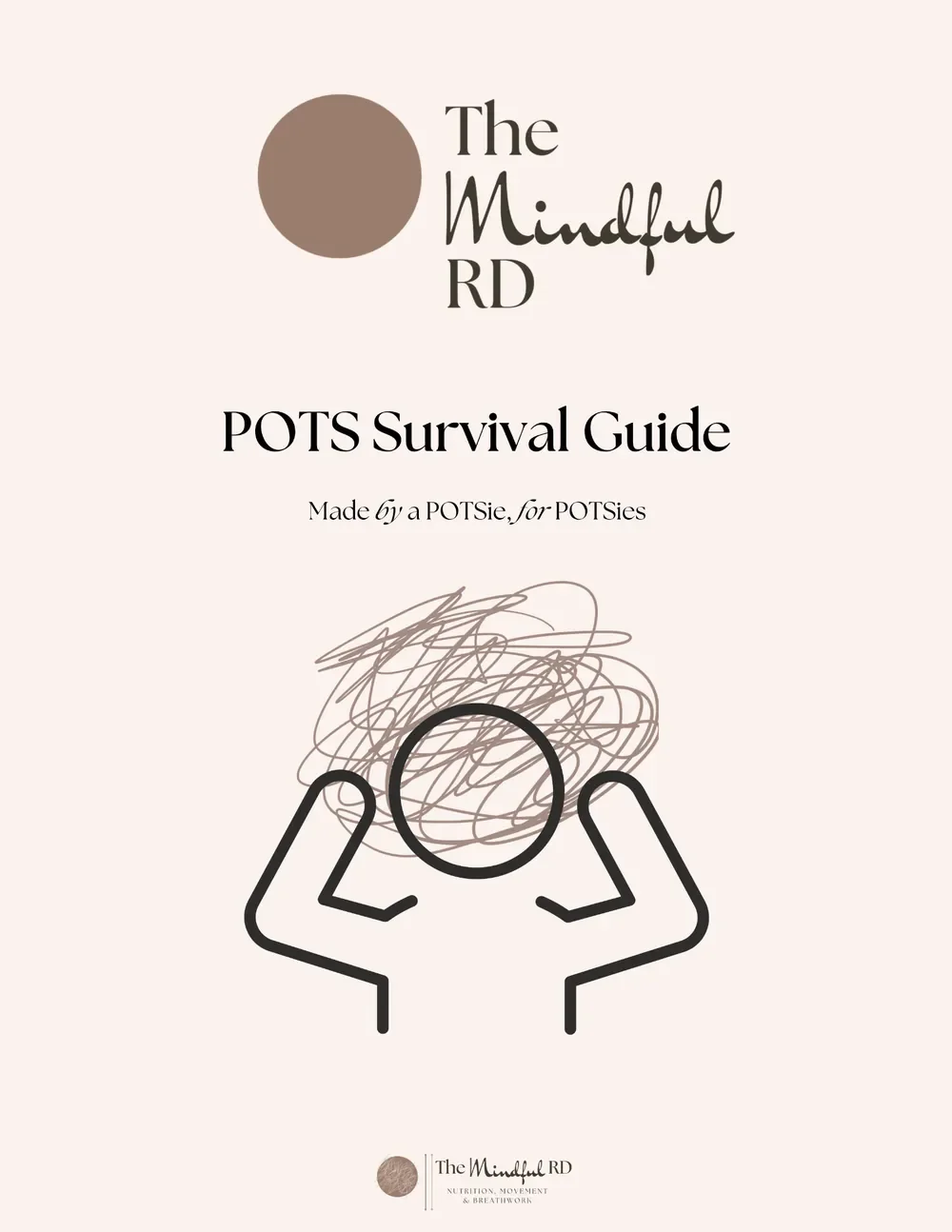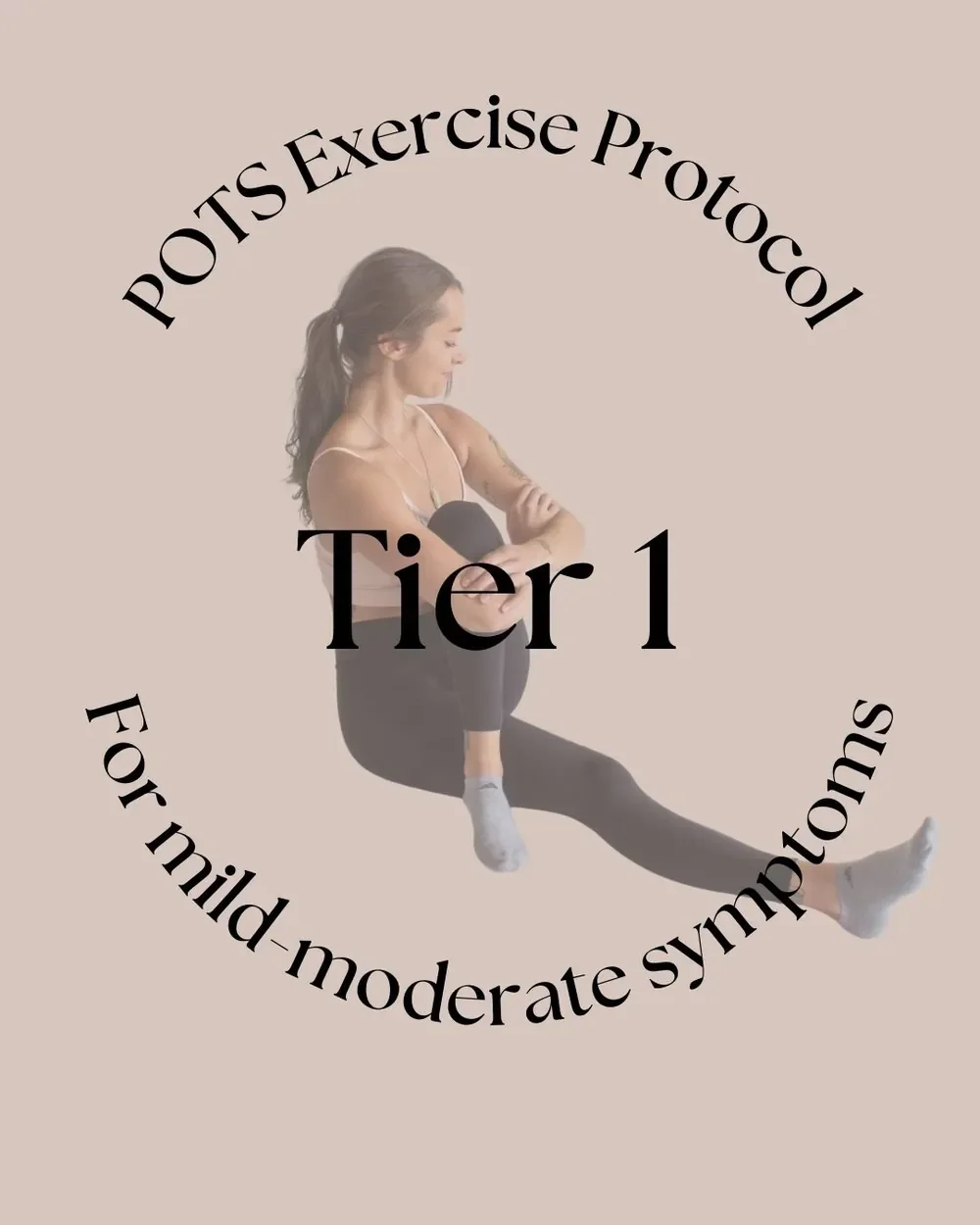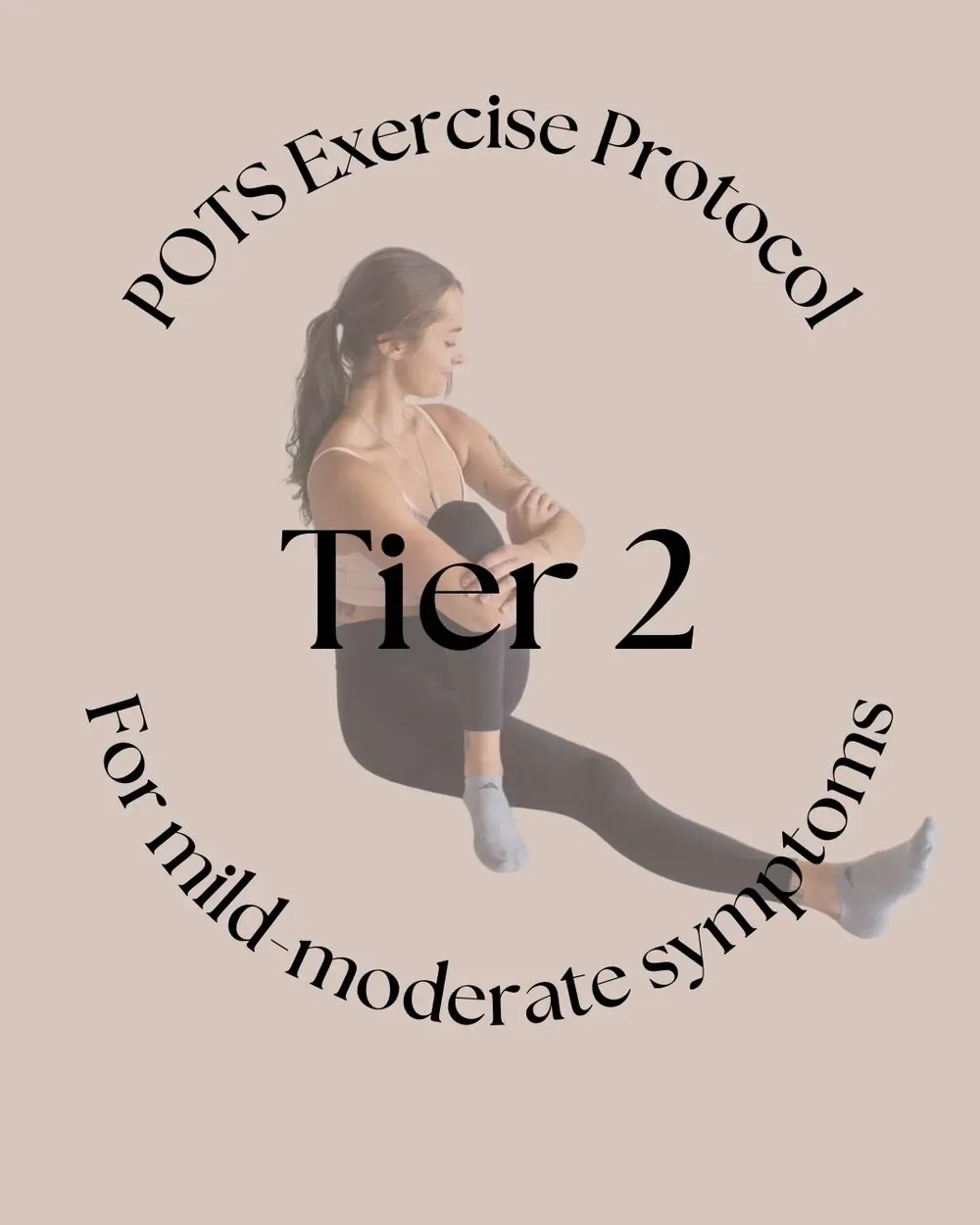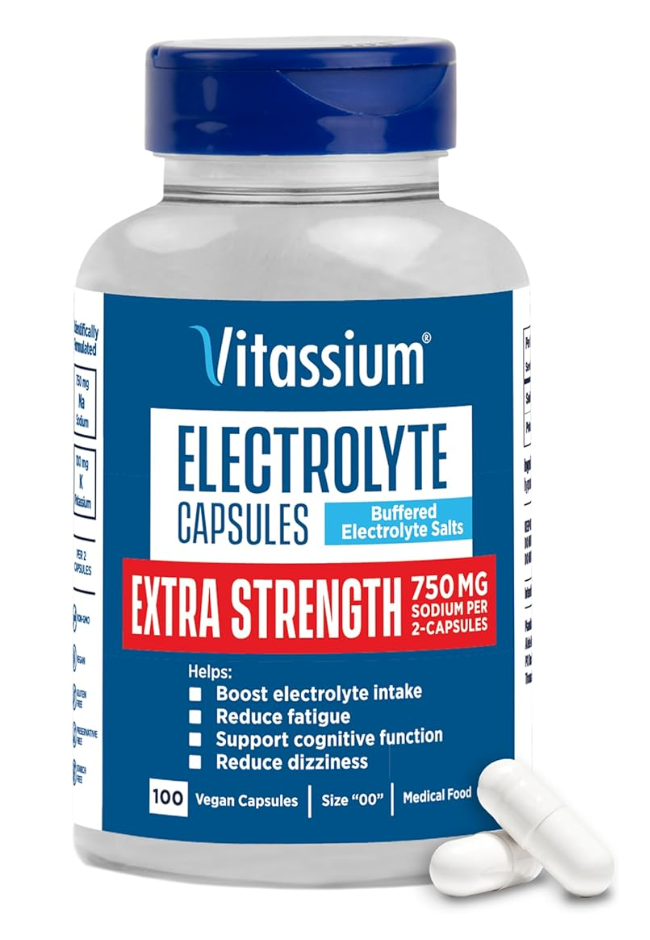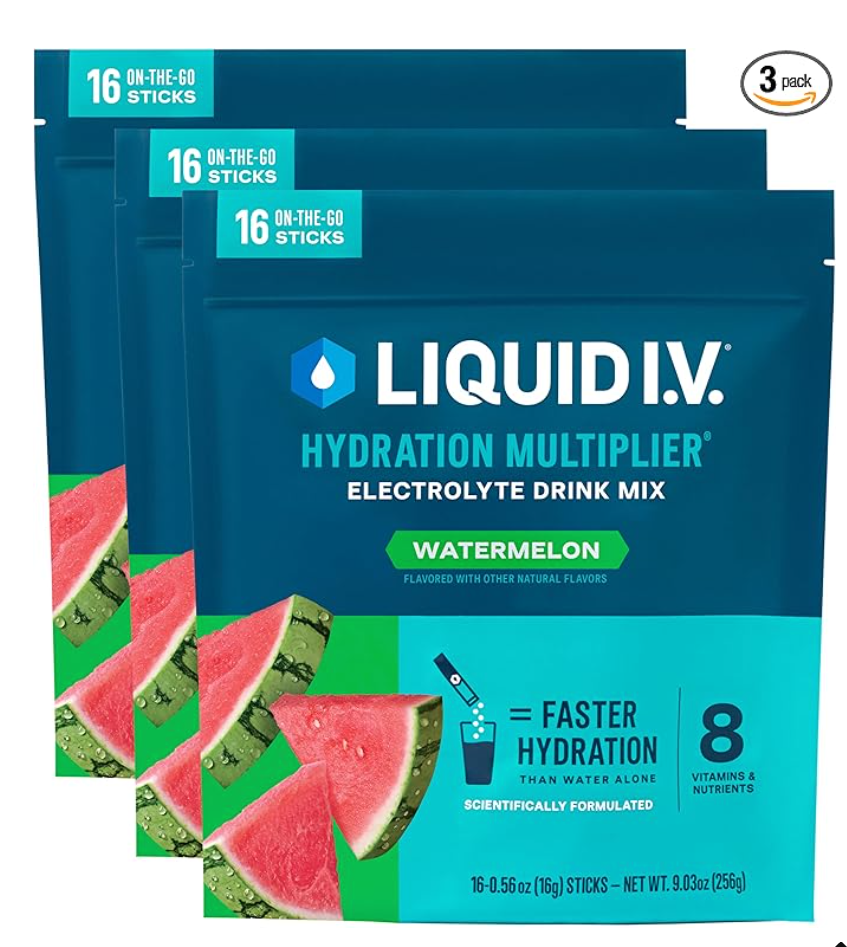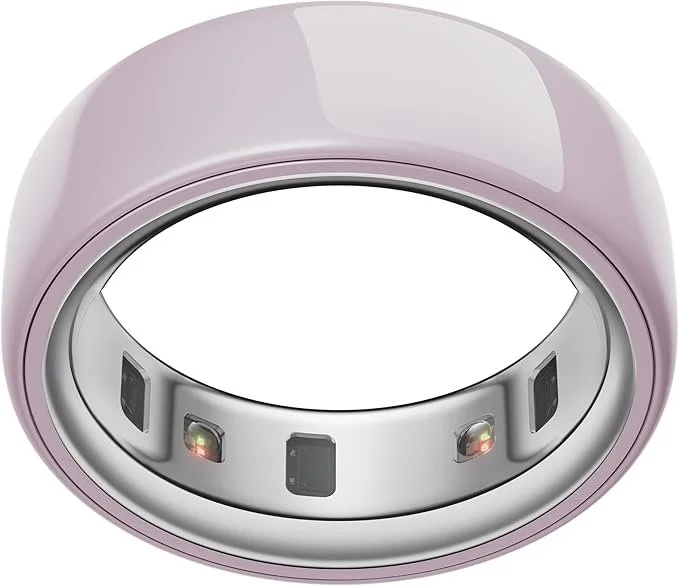POTS (Postural Orthostatic Tachycardia Syndrome) is a disorder of the autonomic nervous system, which is characterized by intolerance to position change. This condition impacts many systems of the body, including the circulatory and GI systems, and can cause debilitating symptoms for some. Sarah has created resources based on the latest research to help POTSies and their providers navigate this difficult condition! Below these guides, find some links to must-have products for POTS management.
All the POTS Resources You'll Ever Need |
All the POTS Resources You'll Ever Need |
Made by a POTsie, for POTsies.
Sarah was (finally) diagnosed with POTS in 2023, after struggling with sometimes debilitating symptoms for over 5 years. From her own experience, research and schooling, she developed her POTS Exercise Protocol, which helps patients with mild to moderate POTS manage their symptoms. For some, symptoms have even been alleviated nearly completely after implementing this program. To learn more about Sarah, check out her bio!
FAQs:
-
There are a few different methods for diagnosing POTS, but the most reliable is the Tilt Table Test (TTT). This is typically performed in a hospital setting, and involves being raised from a laying position to a “passive standing” position, about 60 degrees upright. Your blood pressure, heart rate and symptoms are monitored for 30 minutes, and if your heart rate remains increased by 30+ beats per minute (or 40+ for children), along with significant changes in blood pressure, it is considered a positive test.
Some facilities will offer a second portion, which involves taking nitroglycerine and being observed to see how it affects the body. Please note that this portion is optional and not considered diagnostic, so if you do not wish to complete it, you do not have to. Typically, if you are someone who deals with low blood pressure, this medication will cause you to inevitably pass out.
-
No direct cause of POTS has been determined as of now, but there are many factors that are believed to impact its development. Some of the most common are:
Viral infection (such as Epstein Barr or COVID-19)
Pregnancy
Head injury
Autoimmunity
-
At this time, there is no cure for POTS, but there are many lifestyle interventions that can help you to manage your symptoms and live a relatively normal life. Download my free POTS Survival Guide to learn more about these changes!
If you experience severe symptoms, there are several medication options available. Some examples are midodrine, beta blockers, IV fluids, and low dose naltrexone. Talk with your provider about what treatment option is best for you.

